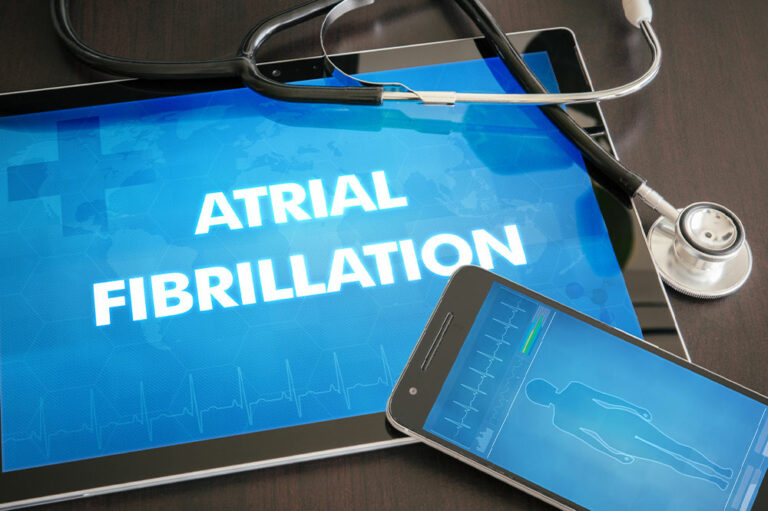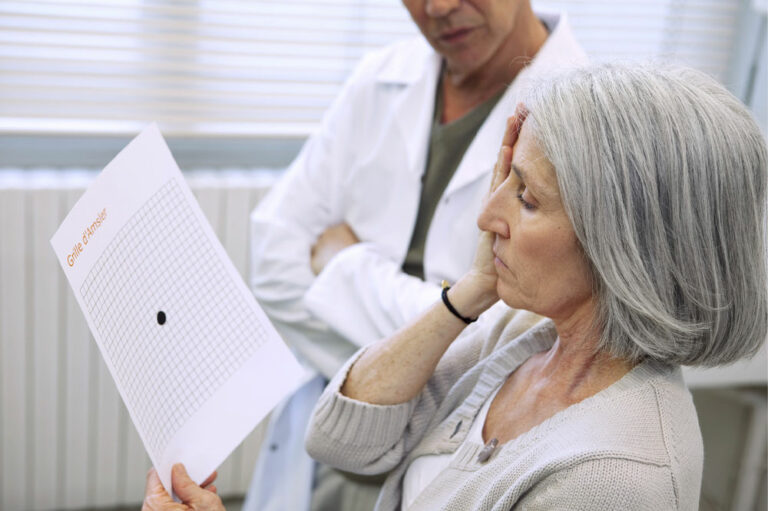
7 warning signs of prostate cancer
Prostate cancer is a condition in which healthy cells in the gland start growing uncontrollably, subsequently forming a tumor. Cancerous tumors may grow and spread to other parts of the body. So, it is important to seek treatment at the earliest. But, as such unusual developments might be associated with other health conditions, one may often overlook the possibility of cancer. So, here are eight signs to help identify the onset of prostate cancer:
Pain in the prostate
One may experience pain in their prostate due to bacterial infections, bladder stones, prostate stones, UTIs, and even following surgery. But the sudden onset of pain in this gland without any known conditions contributing to it could be a sign of prostate cancer, so it should be examined by a doctor. The pain might indicate the development of cancerous cells. One may notice it more when they sit down.
Issues with ejaculation
One of the most common symptoms of conditions associated with the prostate is ejaculation issues. While it could be triggered by other complications, one should seek a proper diagnosis. Difficulty ejaculating could also be an indicator of prostate cancer that may require undergoing various treatments and therapies. A few symptoms one may experience include painful ejaculation, reduced volume of ejaculation, and hematospermia (blood in the semen).
Sudden change in muscle mass
There are many reasons one may experience a loss in body mass, including regular exercise and health conditions like diabetes, dental problems, and dementia. Further, the side effects from ongoing prescriptions are also known to trigger changes in appearance. However, unexpected muscle mass loss is also a common indicator of prostate cancer that may have spread to other parts of the body. Termed cachexia, the symptom may develop due to increased metabolism, loss of skeletal muscle, fatigue, and loss of appetite, all of which are early signs of prostate cancer.
Pain or numbness
One may experience pain and numbness in various regions of the body due to injuries and age. However, these symptoms could also indicate that prostate cancer has spread. The cancerous cells may cause extreme pain in the hip, chest, or lower back and may also trigger numbness in the legs or feet. Most people receive a diagnosis of prostate cancer before reaching this stage. However, one must ensure they visit an expert for an opinion even if they have recently experienced similar symptoms.
Fatigue
Those who experience fatigue may find themselves being unable to carry out daily tasks, such as socializing, concentrating, sleeping, and even making decisions. Apart from other less serious conditions that may trigger fatigue, experts indicate that those with prostate cancer may also experience the symptom. Cancer may stop the normal cells from functioning properly, which could alter how the body utilizes energy, resulting in fatigue.
Pain in the bones and joints
Injuries and diseases can cause pain in the bones and joints. But if one experiences pain without being affected by an injury or illness, they should consult an expert. The symptoms may indicate the existence of prostate cancer that has spread to the bones and joints. Such symptoms require immediate attention and medical intervention.
Urination-related issues
When cancerous cells develop in the prostate, they may cause enlargement and inflammation of the gland. The phenomenon could cause the urethra to be pinched and impede the flow of urine. So, someone with prostate cancer might experience a range of frequent symptoms associated with urination. A few early signs include:
- Frequent urination and urges: One might need to stop more often when on the move to urinate, even though they have visited the bathroom before leaving a particular location. Prostate cancer may often cause a sense of urgency, which is the need to urinate right away. One may notice that they need to go to the bathroom quickly, even though they did not experience any urges a few moments ago.
- Nocturia: Nocturia is another common warning sign of prostate cancer. Here, one may often feel the need to urinate at night. This means waking up more than once in the night to pee. There are many other reasons for this issue, including drinking a lot of water and beverages, bladder obstructions, and sleep disorders. So, if one experiences this symptom, they should get it examined by a healthcare professional and determine the exact cause.
- Hesitancy: Men may experience frequent urges to urinate, a common issue brought on by aging and health concerns. However, hesitance, or difficulty urinating, could be a warning sign of prostate cancer that may require immediate attention.
- Reduced force of urine: One might also notice a reduced force of urination or trouble with maintaining a steady flow while urinating. They may also notice dribbling and feel like their bladder has not been completely emptied. While these signs are common among older adults, the sudden onset of such symptoms may indicate the development of prostate cancer.
- Hematuria: Blood in the urine, or hematuria, is a common early warning sign of prostate cancer. The condition may develop in patients if there is an overgrowth of cells that results in complications like urinary infections. So if one notices blood in their urine and has no other underlying health complications, they should consult a doctor immediately.
- Dysuria: One of the most common signs, misdiagnosed for other complications, is a burning and painful sensation while urinating, known as dysuria. It could be a result of health conditions like bladder stones, cystitis, kidney infections, and urinary tract infections (UTIs). However, dysuria might be a common indicator of prostate cancer when the tumor has narrowed or blocked the passage of urine, which results in a painful, burning sensation.
If one notices one or more such early signs of prostate cancer, they should immediately seek medical attention and get a diagnosis to initiate appropriate treatment.





